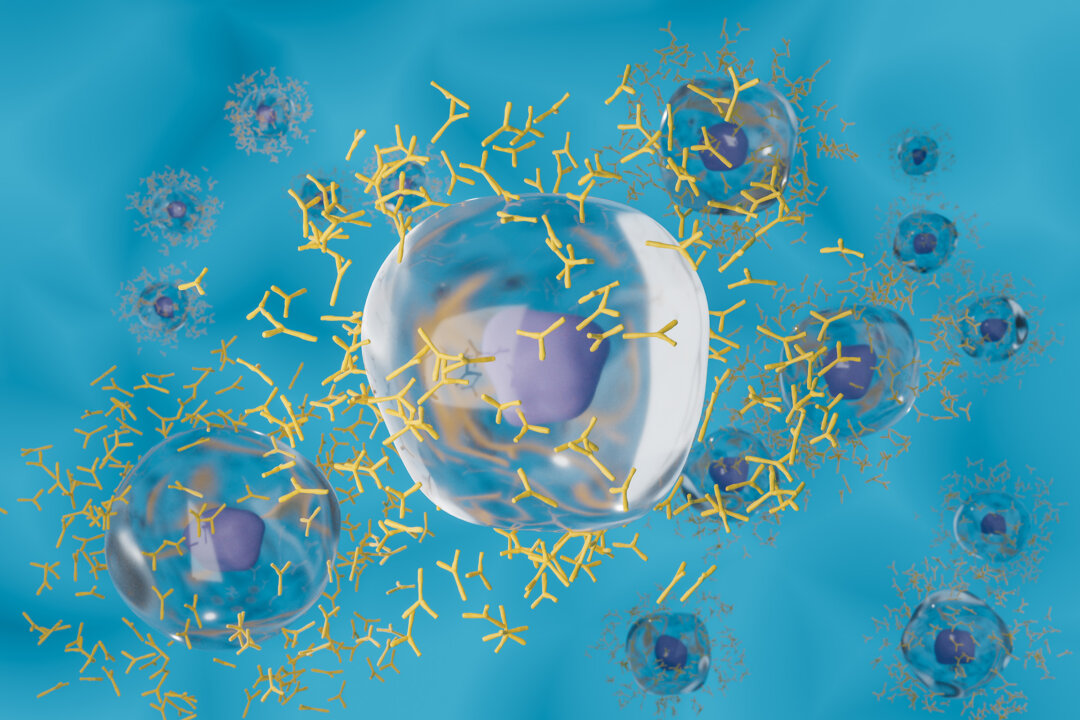Research led by scientists at Emory University in Atlanta found that while tetanus and influenza vaccines prompt the body to produce long-lived plasma cells that generate antibodies, COVID-19 vaccines do not. The study may explain why antibody protection from COVID-19 mRNA vaccines wanes so rapidly. The mRNA vaccines cause the body to produce short-lived plasma cells that can only generate antibodies for a period of time before dying off.
Vaccines like tetanus give long-lasting immunity, with antibodies persisting in the body for up to 10 years. COVID-19 antibodies rapidly wane three to six months after vaccination, often resulting in breakthrough infections. According to the researcher, one reason could be that the body cannot form long-term immunity to COVID-19.
The COVID-19 mRNA vaccine induces the body to produce COVID-19 spike proteins to stimulate the immune response. This spike protein may not be stimulating enough to cause the formation of lifelong plasma cells. Another reason could be that the mRNA vaccine platform, which delivers the vaccine to the body, does not induce durable antibody immunity.
Currently, mRNA vaccines for respiratory syncytial virus (RSV) are in development. Whether these vaccines confer durable immunity to the viruses they are intended to protect against may help explain the body’s response to COVID-19 vaccines. However, the current study and other research on RSV, which infects people every year despite everyone having antibodies to the virus.


















